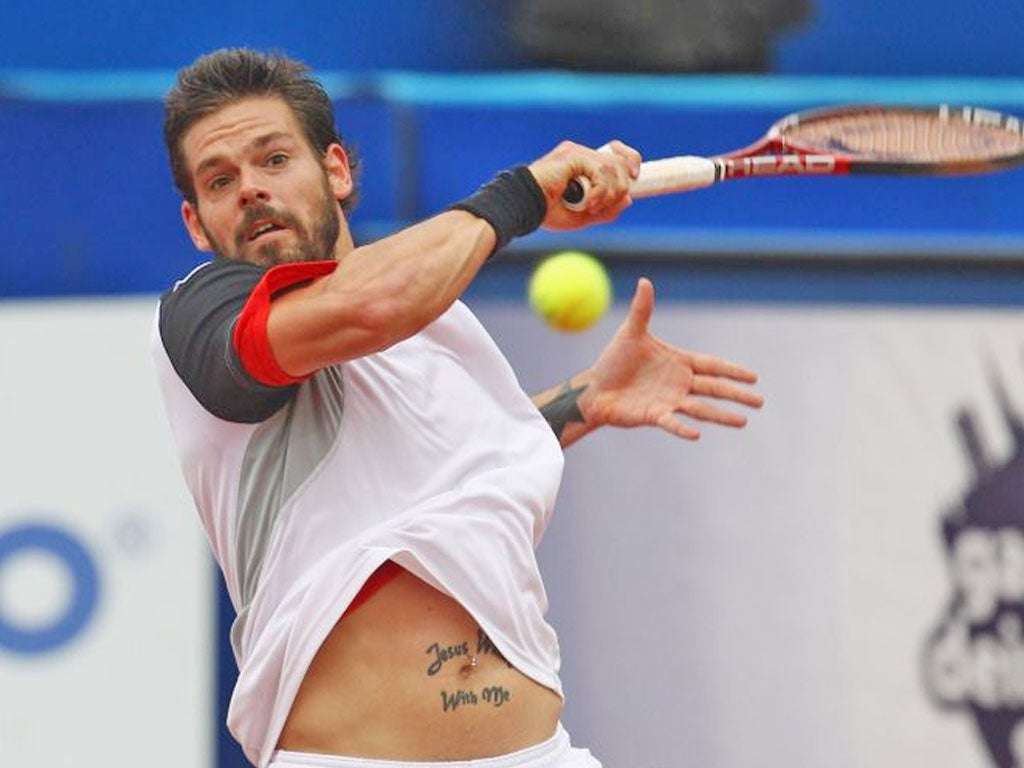Rees retires from leading the fight against corruption
Former police officer will step down but the sport's crackdown on match-fixing continues

Jeff Rees, the former Metropolitan Police detective who has led the fight against corruption in tennis, is to retire at the end of the year. Rees, who has run the Tennis Integrity Unit since it was established four years ago, is being replaced by another former Metropolitan Police officer, Nigel Willerton, who has been working as an investigator with the unit for the last two and a half years.
Willerton, 52, will be aiming to build on the progress made by Rees, whose work has already led to two players being banned for life and others being fined or suspended. Rees, who leads a permanent staff of five from their London base, has made players acutely aware of the risks they run by getting involved in match-fixing or even just by failing to alert the authorities to suspicious approaches.
Rees, 66, has been at the heart of attempts by the sport to eradicate corruption ever since he co-authored a report into "integrity in professional tennis" four years ago.
His report said that 45 of the 73 matches involving suspect betting patterns he had looked into over the previous five years warranted further investigation.
Thanks to its co-operation with gambling companies, the TIU is now alerted when suspicious betting patterns are noticed in matches. Nevertheless, the unit's work has underlined how difficult it can be to bring investigations to successful conclusions, particularly in a sport in which those involved in betting coups may be operating in different countries and under different laws.
In the circumstances it has been a notable achievement to suspend two players for life. Austria's Daniel Köllerer, a former world No 55, and Serbia's David Savic, who reached No 363, were both banned for attempting to fix matches.
Others have been warned that they are being watched because of ongoing suspicions, while tournaments have been told to look out for individuals believed to have been involved in corruption. The TIU has also advised on tightening security in player areas at tournaments.
Although the market for tennis betting has grown substantially, a spokesman for William Hill said yesterday that the sport accounted for just 0.3 per cent of the company's online turnover. He was confident that major betting coups in tennis were no longer possible.
"The risk analysis and the systems that we have in place mean that anything suspicious gets red-flagged so quickly that if any coup was being planned nobody would be able to get away with it," he said.
Scott Ferguson, a former head of education at Betfair and now a respected blogger, believes that the TIU has helped to limit match-fixing. However, he suspects that corruption may have simply switched to the tennis equivalent of "spot-fixing", in which players agree to split the first two sets of a match before giving their all in the decider – a process which would have a significant effect on the in-play betting.
Join our commenting forum
Join thought-provoking conversations, follow other Independent readers and see their replies
Comments
Bookmark popover
Removed from bookmarks